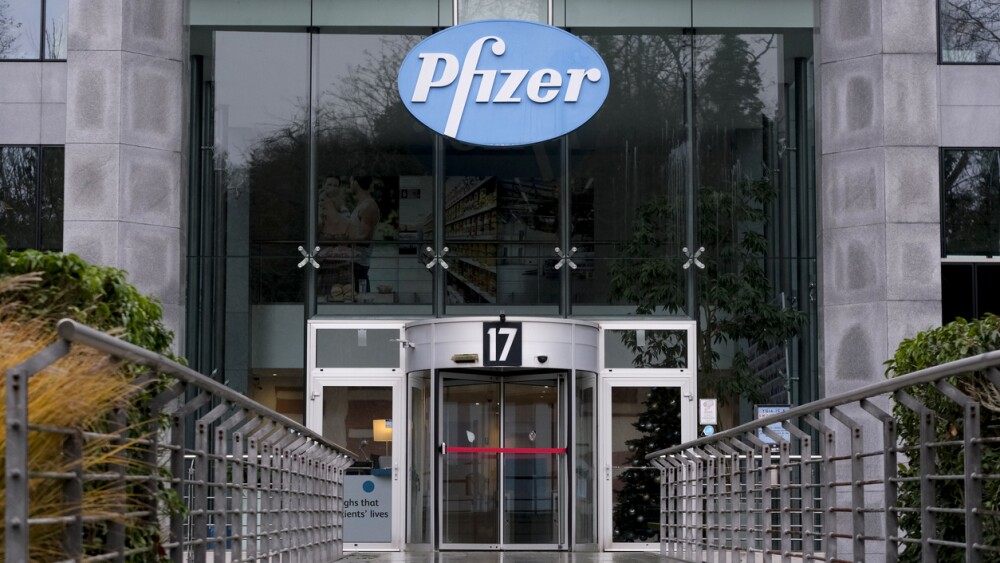About 70 percent of diabetics have neuropathy, or nerve damage, resulting from the disease, according to the National Institutes of Health. The most common type is peripheral neuropathy (DPN), which causes pain or loss of feeling in the toes, feet, legs, hands and arms. Up to a quarter of DPN sufferers endure an extremely painful version (pDPN) in which even a tiny amount of external pressure can be excruciating.
While there are many contributors to DPN, inflammation is considered a major culprit. Treatments are generally restricted to controlling the diabetes itself and to alleviating pain with topical ointments such as capsaicin cream or with oral medications including antidepressants and anticonvulsants.
“However, none of these therapies directly targets the inflammation, most have negative side effects and less than 30 percent of patients experience adequate pain relief. Clearly, new therapies are needed,” said Dr. Ruth Waterman of the Ochsner Clinic Foundation in New Orleans.
Dr. Waterman collaborated with Dr. Aline Betancourt from Tulane University’s Center for Stem Cell Research and Regenerative Medicine to develop a new treatment for pDPN using modified stem cells to control inflammation. Numerous studies have already proven mesenchymal stem cells (MSCs) are safe and effective in treating inflammatory diseases. MSCs, which are taken from adults, can give rise to a large number of tissue types such as bone, fat and cartilage.
“The problem,” Dr. Betancourt explained, “is that the current methods for preparing these cells yield a mixed pool of undefined cells that aren’t consistently effective in the clinic. Our laboratory developed a new method that results in a consistent, uniform MSC population and optimizes their anti-inflammatory effects. We call these cells MSC2s.”
When the team tested its MSC2 cells on mice with pDNP, they saw a significant improvement in inflammation and other symptoms — as much as 40 percent for the MSC2 group over the mice that received no treatment, vs. a 14 percent improvement at best in those administered conventional MSCs.
“Moreover the responses did not differ from what we saw in the healthy control group of mice,” Dr. Waterman said. “These findings suggest that the use of anti-inflammatory MSC2 is a promising new therapeutic strategy for diabetic peripheral neuropathy that should be further investigated.”




